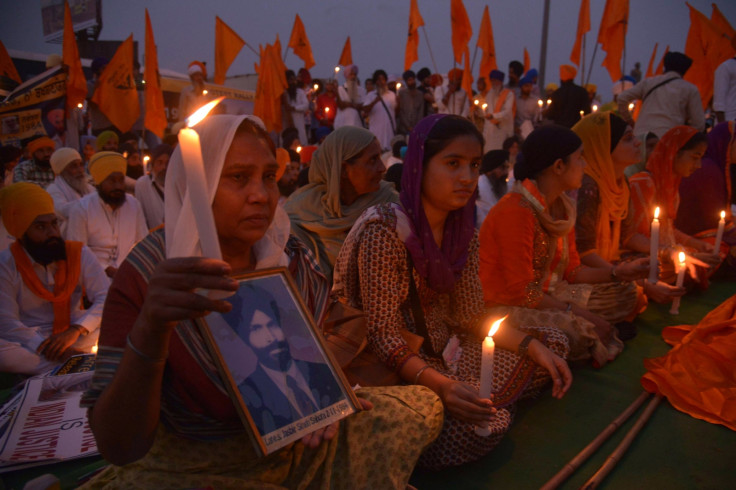Indian Prime Minister Narendra Modi asked to apologise for the 1984 anti-Sikh riots

India's Prime Minister Narendra Modi has been asked to apologise for the 1984 anti-Sikh riots that took place in Delhi and other cities. The request came from the president of the Delhi Sikh Gurdwara Management Committee (DSGMC), who noted that only a few cases have been registered against the perpetrators of the massacre.
In the letter, Manjit Singh cited the apology issued by Canadian Prime Minister Justin Trudeau for the Komagata Maru incident that took place 102 years ago, in which Canada turned away immigrants from India, primarily those of Sikh origin. Singh also reminded Prime Minister Modi of the time when German President Joachim Gauck apologised for the actions of Nazi troops.
According to the Times of India, Singh wrote in his letter: "The wounds of the genocide are still oozing 32 years after the aghast massacre because families of the victims are waiting for justice. Twenty seven million Sikhs living across the nation are looking forwards government of India for delivery of justice to these families."
The 1984 anti-Sikh riots were a series of directed attacks against India's Sikh community in response to the assassination of Prime Minister Indira Gandhi by her Sikh bodyguards. India's Central Bureau of Investigation has previously said that they believe the acts of violence were organised with support from the Delhi police, as well as some central government officials in power at the time.
In 2011, a Human Rights Watch report stated that the Indian government is yet to prosecute those responsible for the mass killings of Sikhs in 1984. In April 2015, the California state assembly passed a resolution that described the 1984 killings as "genocide and recognised the responsibility of the Indian government in the alleged rape, torture and murder of thousands of Sikhs across India."
The recent letter to Prime Minister Modi noted: "[An] apology to them would be a step towards realising and sharing pain of Sikhs through which they were passing and it would give them a solace and help them heal the wounds even if courts of law were taking time to pronounce the judgements."
© Copyright IBTimes 2024. All rights reserved.






